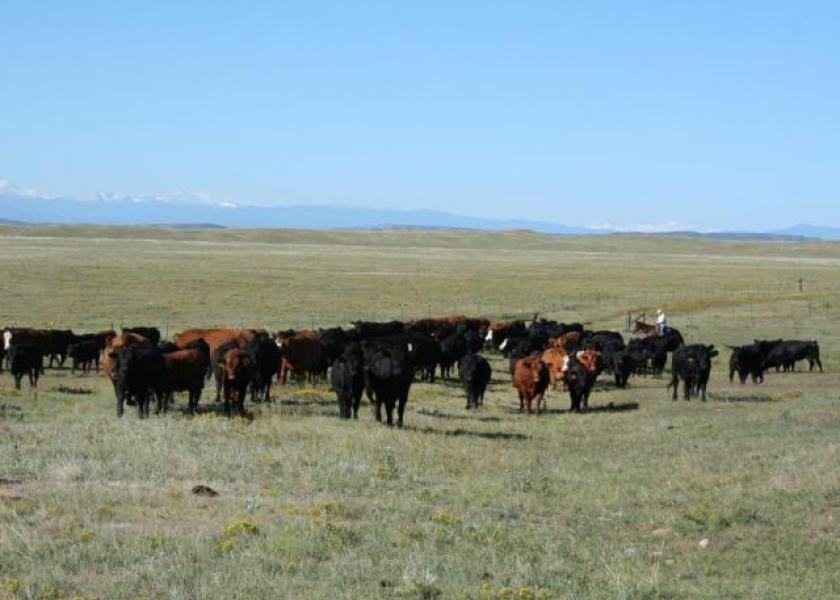Grazing Management: Toxic Plants Publication Aims to Help Producers

By: James Schmidt, K-State Research and Extension
With so many potential dangers lingering in grazing pastures, it’s crucial for producers to understand which plants could harm cattle and other livestock if they are consumed. A new publication available through K-State Research and Extension provides information on these potentially deadly plants.
“It is the first of any publication I have found that specifically looks at plants, or cover crops, that are issues for livestock,” said Jaymelynn Farney, Kansas State University assistant professor of animal science and one of the publication’s authors. “We don’t want producers to plant some kind of forage without them knowing the potential issues that can come from it.”
Some producers could be feeding their cattle toxic plants and not know it, which was one of the driving factors for creating the publication, said Farney, a K-State Research and Extension beef systems specialist located in southeast Kansas.
“When visiting with producers and traditional cover crop enthusiasts, some of the plants they said they put in the mixture made me a little nervous from the livestock side,” Farney said.
The plant to be worried about the most, according to Farney, is hairy vetch. It is unknown why it can cause death in livestock, and there is currently no way of managing it, which makes it such a threatening and silent killer.
“Hairy vetch grows well and contributes a lot of nitrogen, so people like to plant it. However, it is an indiscriminate killer,” Farney said. “When you have cattle that are allergic to it, you have essentially 100 percent death loss. Now, you might have cattle that are perfectly fine (grazing) on it. But, then you might come out one day to find your cattle are dead.”
Other plants that can poison cattle are lupin and amaranth. Lupin is a good source of protein and energy in livestock feeds, but its use should be limited to four nontoxic species. Six other species could be toxic to cattle and sheep, according to the publication.
Amaranth is a bushy plant that is related to pigweed, and it also has different species. Palmer amaranth is consistently high in nitrate and potentially toxic to cattle, so it is important for producers to know the amaranth species before using it as a forage crop for livestock.
In addition to poisonous plants, the new publication provides information on plants that can cause metabolic disorders in livestock. It is available online through the K-State Research and Extension Bookstore or at local extension offices throughout the state.
K-State Research and Extension is a short name for the Kansas State University Agricultural Experiment Station and Cooperative Extension Service, a program designed to generate and distribute useful knowledge for the well-being of Kansans. Supported by county, state, federal and private funds, the program has county Extension offices, experiment fields, area Extension offices and regional research centers statewide. Its headquarters is on the K-State campus, Manhattan.







